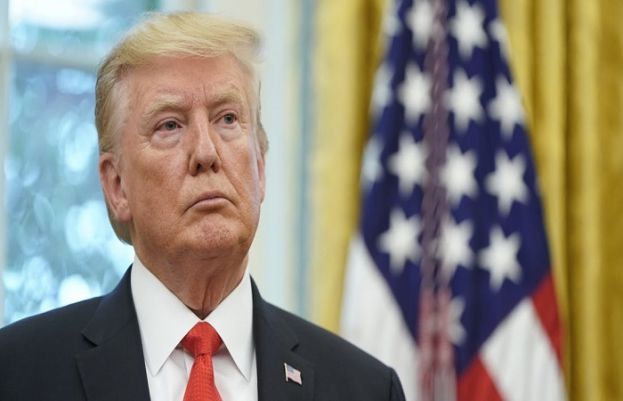
The annual high-level gathering had been shaping up to be a weeklong celebration of the 75th anniversary of the world body, but U.N. Secretary-General Antonio Guterres suggested in May that leaders send video statements due to likely travel issues.
The 193-member General Assembly agreed last week to the special measures, which allow one - possibly two - New York-based representatives for each country to be in the General Assembly hall for the speeches.
“We’re hoping that President Trump will actually be speaking in person in the General Assembly. He will be the only world leader to be speaking in person,” U.S. Ambassador to the U.N. Kelly Craft told the Meridian International diplomacy think tank.
“Obviously we’re going to be focused on human rights issues, on transparency, on accountability,” she added.
The United States is traditionally the second country after Brazil to address the General Assembly, due to start this year on Sept. 22.
The coronavirus has infected at least 17.1 million people and there have been more than 668,000 known deaths worldwide, according to a Reuters tally. New York was an epicenter earlier this year for the virus, which emerged in China in December.
Germany’s U.N. Ambassador Christoph Heusgen said there were no plans for German Chancellor Angela Merkel or Foreign Minister Heiko Maas to come the New York in September.
“We have to be careful, we must not endanger people by coming with a big delegation here, and therefore we agreed to the proposal to have the leaders present their speeches in a virtual way,” Heusgen told a news conference to mark the end of Germany’s July presidency of the U.N. Security Council.
No comments:
Post a Comment